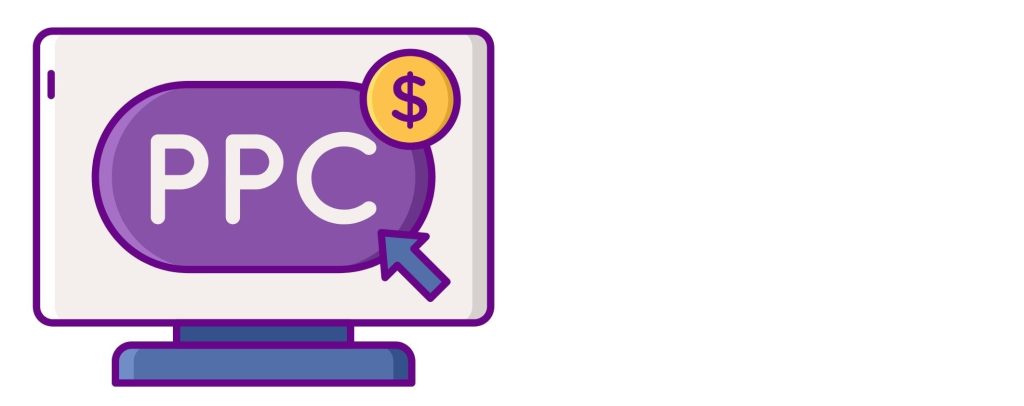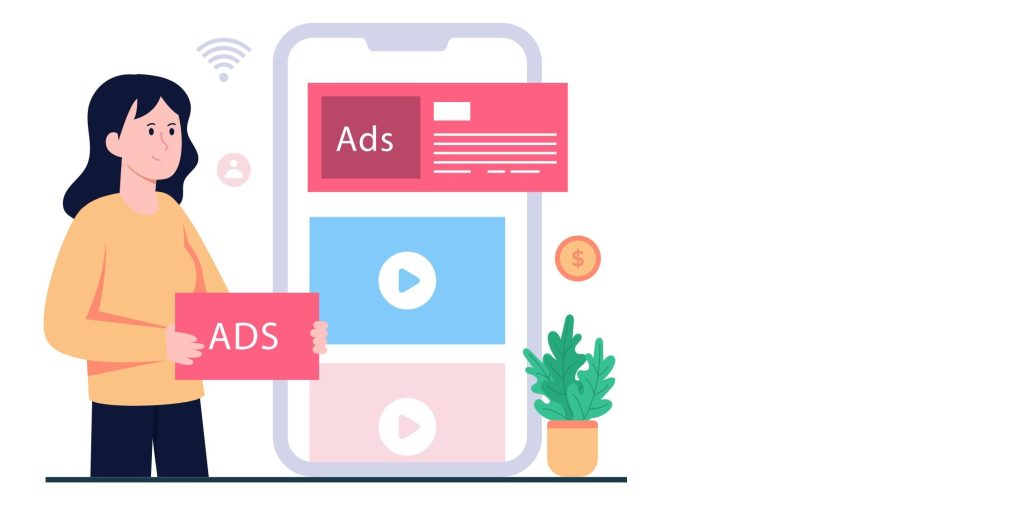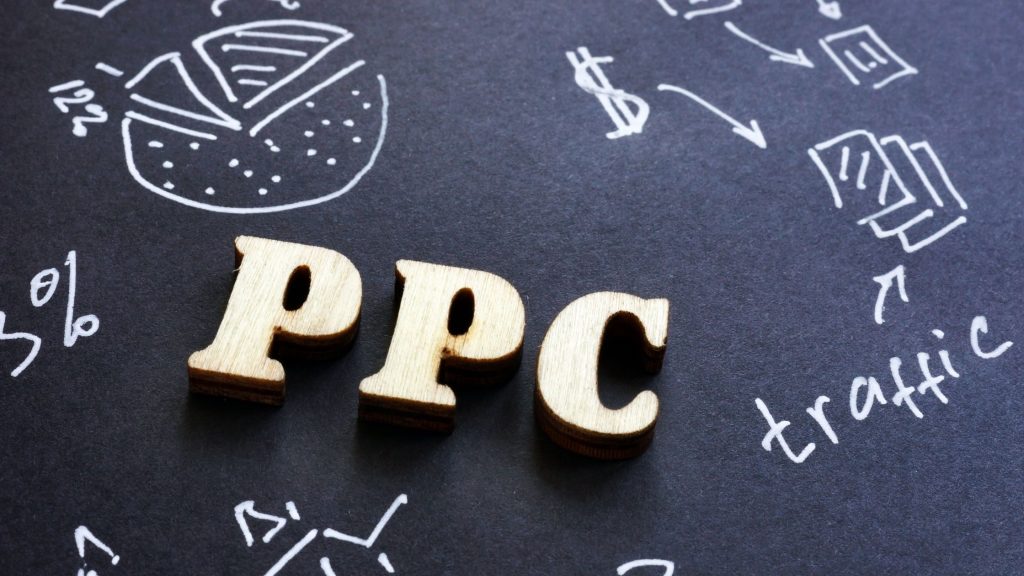Introduction
PPC account management is the core of all effective paid advertising campaigns. Companies pay for Google Ads, Bing Ads, and other PPC networks expecting tangible outcomes, but without proper management, ad spend goes down the drain without any effect.
In its most basic form, PPC account management consists of increasing the likelihood that each click will result in a conversion, keeping spending within budgets, and aligning campaigns with company objectives. It’s the continuous process of creating, observing, and improving campaigns rather than just putting advertisements in place.
Businesses that have effective management have improved Quality Scores, a stronger return on investment, and a lower cost per click. Without it, budgets are wasted on useless clicks and lost opportunities. This post deconstructs the basics of PPC account management, discussing why it is important, how to organize accounts, and what best practices guarantee growth and profitability.
Why PPC Account Management Matters?
For most businesses, PPC is a growth driver. But profit versus throw-away spend depends on how accounts are being managed.

Key advantages of PPC account management:
- Improved targeting: intelligent keyword selections, geographical settings, and demographic filters help to concentrate on the correct audience and provide higher-quality conversions.
- Consistent ROI: Clearly displays the results from each campaign by monitoring metrics like CPC, CPA, and ROAS.
- Room to scale: Enables companies to expand into new markets, platforms, or products while maintaining performance confidence.
- Flexibility: Adapts campaigns to changing consumer tastes, market conditions, or corporate requirements to maintain the effectiveness of advertisements.
Without management, PPC becomes a cash drain. With it, companies have an organized, stable system for sustainable growth. Good account management does more than safeguard ad budgets—it creates an environment in which each and every click and impression helps drive long-term brand development.
Structuring a PPC Account Management for Success
The structure of your account sets up performance from the beginning. A disorganized structure results in waste and suboptimal spend, whereas an organized structure makes reporting easier and targeting better.

How to construct a solid PPC account structure:
- Campaigns: categorized based on objectives or product lines. For example, “Brand Awareness,” “Lead Generation,” and “Product Sales.”
- Advertising Groups: Within campaigns, form groupings with similar themes. A “Running Shoes” campaign can have ad groups for “Men’s Running Shoes” and “Women’s Running Shoes.”
- Keywords: Use a fair mix of phrase, broad match, and exact match.
- Ad Copy: Be thematic to ad group keywords and address user intent directly.
- Landing Pages: Direct visitors away from generic homepages and toward pages created especially for conversion.
Why this matters:
- Improves Quality Scores by increasing ad relevance.
- Improves budget management by isolating campaigns and objectives.
- Streamlines reporting and decision-making.
- When campaigns, ad groups, and landing pages are organized in order, optimization is less of an art form and more of a process.
Keyword Research and Optimization for PPC Account Management
Keywords connect user intent to your ads. Wasteful keyword management is wasted; rigorous optimization provides qualified leads.

Best practices for keyword optimization:
- Broad to narrow: Focus more on phrases that convert well after conducting a broad search.
- Use long-tail keywords: Put “low-cost PPC management services” or other intent-based searches ahead of the general “PPC.”
- Include negative keywords: Save budgets by rejecting unnecessary terms.
- Combine match types: Broad for discovery, phrase for targeting, exact for conversions.
- Regularly review search term reports: Weekly reviews identify new keyword opportunities and irrelevant traffic.
Why this matters:
- Puts ads in front of the correct searches.
- Reduces CPC through greater relevance.
- Brings in high-intent traffic and Boosts conversion rates.
In the long run, the ideal combination of keywords evolves into a super-filter that only brings in traffic most relevant to your business.
Also Read: Strategic Business Solutions
Bid Strategy and Budget Allocation For PPC Account Management
Bids and budgets control the amount you spend per click and where money goes between campaigns. Disorganization here can destroy ROI.

Methods to bid:
- Manual bidding gives complete control but demands constant attention.
- Automated bidding: Makes use of Google’s AI to put techniques like Target CPA and Maximize Conversions into practice.
- Device and geo-specific modifications: Focus bids on the top-performing areas or gadgets.
- Dayparting is the practice of raising or lowering bids at specific times of day.
Budget allocation tips:
- In high-performing campaigns, maximize return on investment.
- Reinvest in top performers and get rid of underachievers.
- Establish daily budgets corresponding to overall monthly limits.
Why this matters:
- Avoids overspending on low-return campaigns.
- Maximizes ROI by more efficient deployment.
- Maintains campaigns that are competitive in auctions.
Intelligent bidding strategies convert ad spend into a stable investment instead of an irregular expense.
Ad Copy and Testing
Poor ad copy will not generate clicks, even with the best bids and keywords. Since advertisements are a user’s initial impression, they must be interesting and relevant.

Ad copy strategies:
- Test variations: Test at least 2–3 ads per ad group for headline and CTA testing.
- Using keywords: Add primary keywords in H1 and H2s and descriptions, which lead to better CTR.
- USPs: Highlight special features, deals, or free trials.
- Use strong calls to action to urge people to take action, including “Book Now,” “Get a Quote,” or “Start Today.”
- Give Google permission to use responsive search advertising to automatically test different headline and description combinations.
Why this matters:
- Increased CTRs drive better Quality Scores.
- Better ad performance reduces CPC.
- Continuous testing assures ongoing optimization.
- Regularly updating ad copy keeps your message current in a dynamic ad environment where fads change rapidly.
Quality Score Improvement While PPC Account Management
Google’s assessment of your ad relevance, Quality Score influences CPC directly, and ad position.

What determines Quality Score:
- Ad relevance: Keyword, ad, and landing page alignment.
- CTR expectations: User interest signals high CTR.
- Landing page experience: Relevant, mobile optimized, and quick.
How to optimize:
- Use tightly themed ad groups.
- Construct keyword-optimized landing pages.
- Test and optimize ad copy frequently.
- Monitor engagement metrics such as bounce rate and time on site.
Why this is important:
- Good scores = less cost.
- Improved ad positions = greater visibility.
- Strong Quality Scores compound PPC effectiveness over time.
By continuously enhancing Quality Score, companies release compounding effects—improved visibility, lower costs, and greater conversion opportunities.
Performance Monitoring and Reporting
PPC account management is not “set and forget.” Ongoing monitoring means campaigns adjust and optimize.

Performance tracking basics:
- Important KPIs: CTR, CPC, CPA, Conversion Rate, ROAS.
- Custom dashboards: Utilize GA4, Google Ads, or Looker Studio for real-time insights.
- Conversion tracking: Track form fills, purchases, and calls.
- Weekly reviews: Catch immediate problems.
- Monthly reviews: Identify trends and long-term growth opportunities for scaling your business.
Significance:
- Keeps campaigns optimized for ROI.
- Prevents wastage of budgets.
- Gives actionable insights to inform growth strategy.
- Transparent reporting converts raw numbers into actionable intelligence, empowering decision-makers to optimize campaigns with certainty.
Conclusion
PPC account management is the difference between spending money on campaigns and driving growth. Companies may maximize their return on investment by successfully organizing accounts, optimizing keywords, developing clever bidding methods, generating attractive advertising, and tracking performance.
PPC is not a one-time setup; it is an ongoing process of optimization. Successful businesses view account management as an investment, not a last-minute thing.
If all of this sounds difficult, having professionals on your side, such as Tasks Expert, may help simplify PPC campaigns, remove waste, and give quantitative ROI. Proper administration transforms PPC into one of the most reliable and scalable growth channels available today.
Frequently Asked Questions
It is the process of organizing, refining, and monitoring paid advertising campaigns to improve results, control spending, and increase return on investment.
To optimize the PPC account, evaluate monthly evaluations to provide a comprehensive picture of performance and plan revisions. And weekly inspections highlight urgent issues.
The Quality Score boosts ad visibility and lowers costs by influencing ad position and cost-per-click.
Yes. Intelligent management makes even modest budgets yield quantifiable returns by reaching the correct audience.
While in-house employees need regular training and financial outlays, outsourcing ensures expert management and time savings.
About Us
Tasks Expert offers top-tier virtual assistant services from highly skilled professionals based in India. Our VAs handle a wide range of tasks, from part time personal assistant to specialized services like remote it support services, professional bookkeeping service etc. Furthermore, it helps businesses worldwide streamline operations and boost productivity.
Ready to elevate your business? Book a Call and let Tasks Expert take care of the rest.









